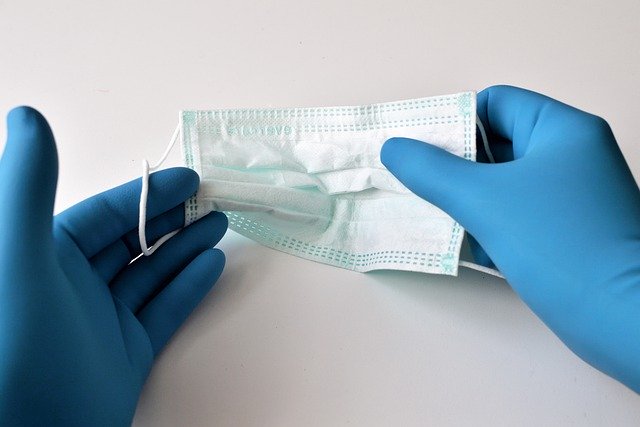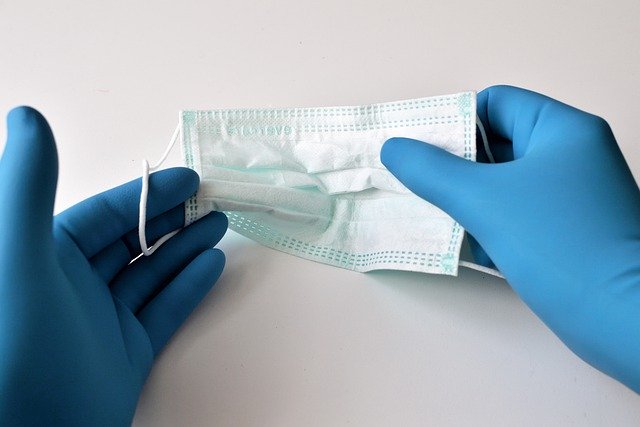Face masks: Small droplets of saliva can emerge with some droplets traveling up to 1 meter: Study
Face masks are thought to slow the spread of viruses, including the novel coronavirus that causes COVID-19, but little is known about how well they work.
In an issue of Physics of Fluids, by AIP Publishing, Talib Dbouk and Dimitris Drikakis, from the University of Nicosia in Cyprus, use precise computer models to map out the expected flow patterns of small droplets released when a mask-wearing person coughs repeatedly.

Previous work from this research group showed droplets of saliva can travel 18 feet in five seconds when an unmasked person coughs. This new work used an extended model to consider the effect of face masks and multiple cycles of coughing.
The results show masks can reduce airborne droplet transmission. However, the filtering efficiency of masks is adversely affected by repeated coughing, as might happen when an individual is ill. Repeated coughs reduce the efficiency, letting many more droplets through.
The model was created using complex mathematical equations for turbulence and other flow effects. A sequence of coughs was modeled by applying several cycles of forward-directed velocity pulses to the initial droplets. The researchers performed numerical simulations that account for droplet interactions with the porous filter in a surgical mask…
Read more here:

